Inflamed, bleeding gums
If your gums regularly bleed, are irritated, and are swollen, there’s a good chance you have the form of gum disease known as gingivitis, according to the National Institute of Dental and Craniofacial Research. See your dentist before you try to manage this issue on your own, and be sure to tell her about any home treatments you may want to try. These are some of the remedies backed by medical research.
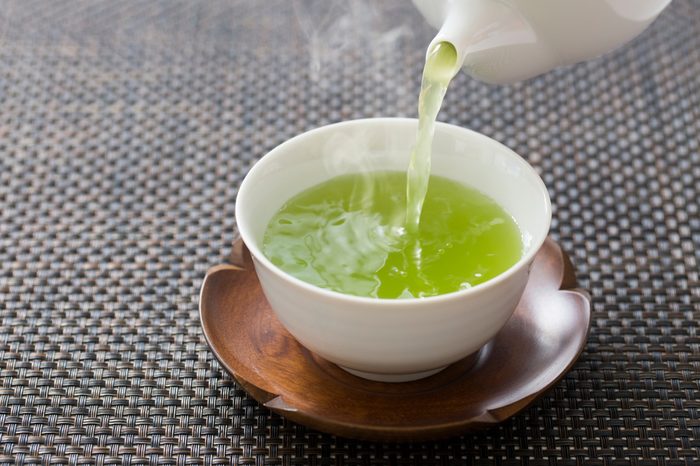
Green tea
Regularly sipping on this herbal brew may help: Research has shown that green tea—which is high in antioxidants that help reduce inflammation and may counteract the body’s inflammatory response to bacteria in the mouth—can help ease the swelling and bleeding from gingivitis, according to research published in the Journal of International Oral Health. The polyphenols in green tea may also help inhibit the growth of bacteria that can lead to gingivitis. Make sure you know the early signs of gum disease you shouldn’t ignore.
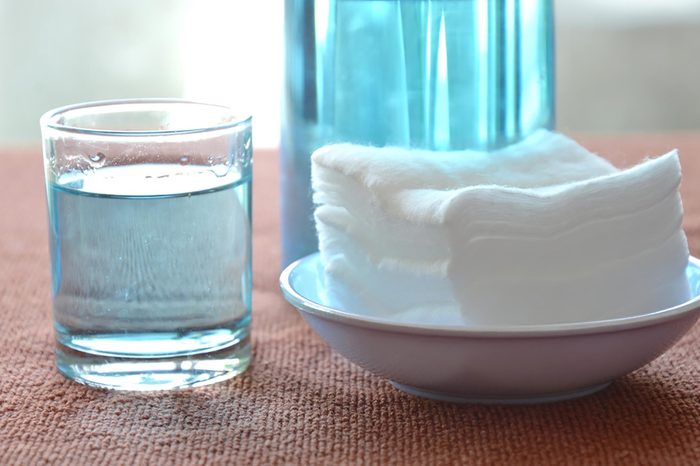
Hydrogen peroxide
Swishing with hydrogen peroxide, a powerful antiseptic with antibacterial properties, may help kill bacteria in the mouth that could lead to gum disease, according to Jennifer Jablow, a cosmetic dentist in New York City. “You can dilute the 3 percent hydrogen peroxide you get at the drugstore–mixing it 50/50 with water,” says Jablow. “I tell my patients to put some in their water flosser to really help kill the bacteria under their gums.”
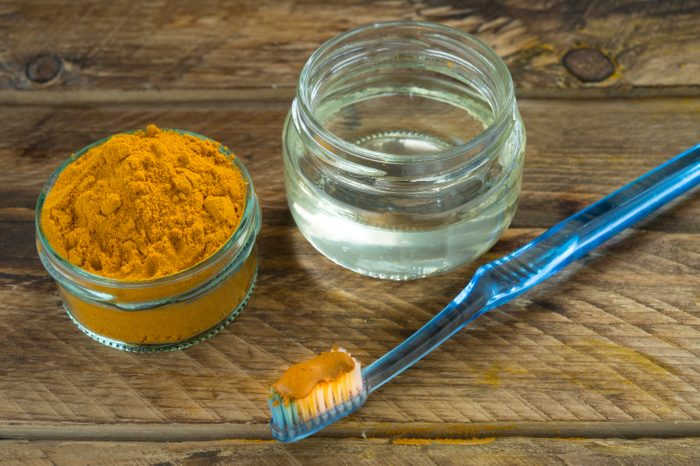
Turmeric paste
This spice, typically used in curry dishes, is becoming increasingly recognized for its anti-inflammatory, antioxidant, and antimicrobial properties. Plus, one study by researchers at Punjab University in India found that applying a paste made of one teaspoon of turmeric, a half teaspoon of salt, and a half teaspoon of mustard oil provides relief from gingivitis when rubbed onto gums and teeth twice daily.

Sage mouthwash
Gargling and swishing with a mouth rinse made of the herb sage may soothe inflamed gums, due to its anti-inflammatory compounds. A study by researchers in Iran found that daily rinsing with a sage mouthwash significantly lowered the number of bacteria that cause dental plaque. Try adding two tablespoons of fresh sage or one teaspoon of dried sage to one to two cups of boiling water; simmer for up to 10 minutes, then strain and let cool.
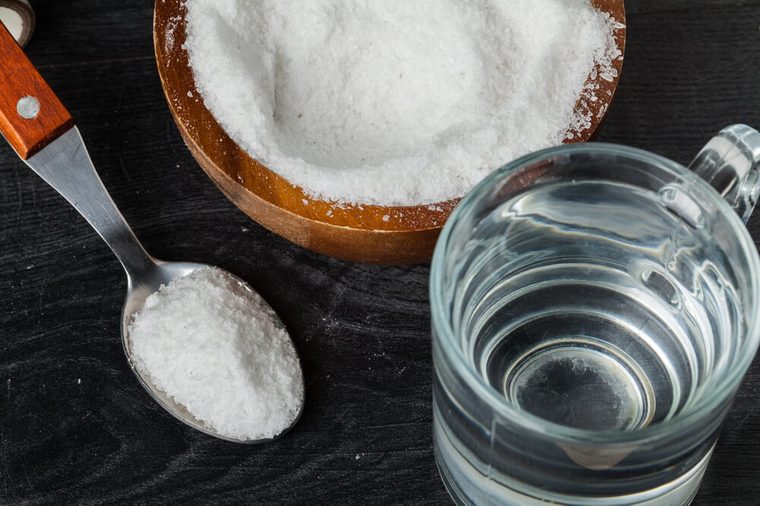
Salt water
A study in the journal PLoS One found that rinsing with salt water may help heal inflamed gums caused by gingivitis. As a natural disinfectant, it may also kill infection-causing bacteria. (Steer clear of these everyday mistakes that can ruin your teeth.)
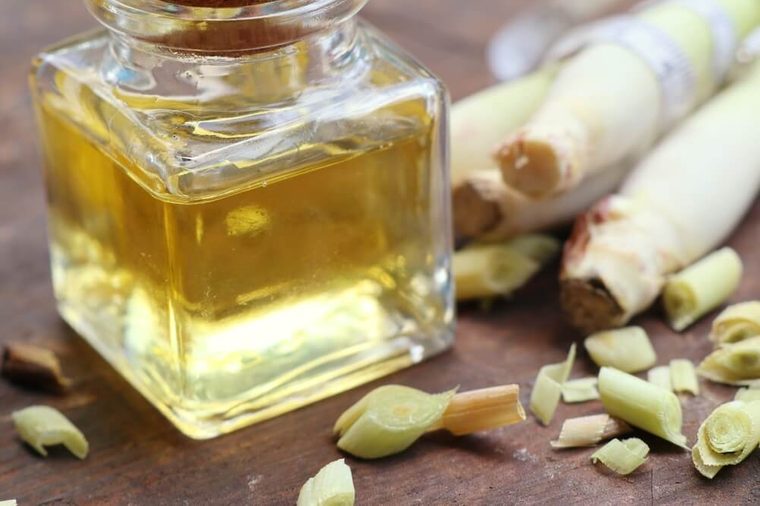
Lemongrass oil
Researchers found that a mouthwash made with 0.25% lemongrass oil could effectively reduce levels of plaque—a contributor to and symptom of gingivitis. The oil can be a good alternative to traditional mouthwash, according to the study, which was published in the Journal of Clinical Diagnosis and Research. Dilute two to three drops of lemongrass oil in one cup of water, then swish and spit out.
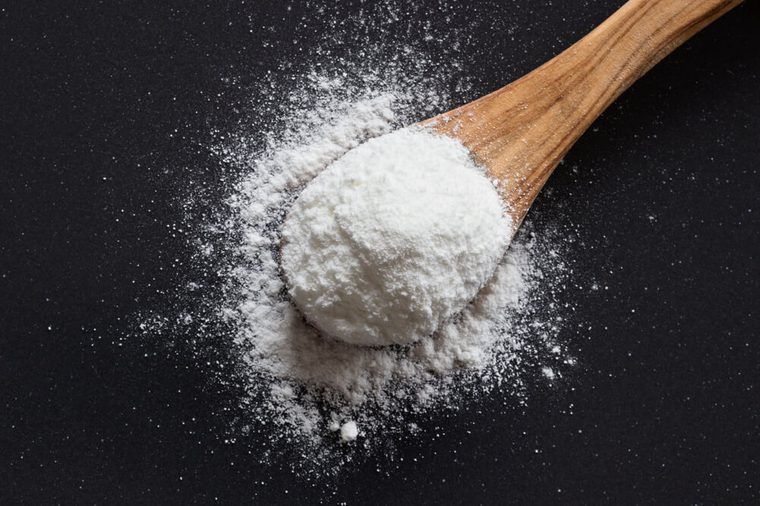
Baking soda
Brushing with a paste made of baking soda (now an ingredient in some store-bought toothpastes) and water may help neutralize acids in the mouth that can contribute to gum disease. A 2017 study published in the Journal of Clinical Dentistry compared toothpastes containing sodium bicarbonate (also known as baking soda) to those without. The researchers found that toothpastes containing baking soda were better at removing plaque.
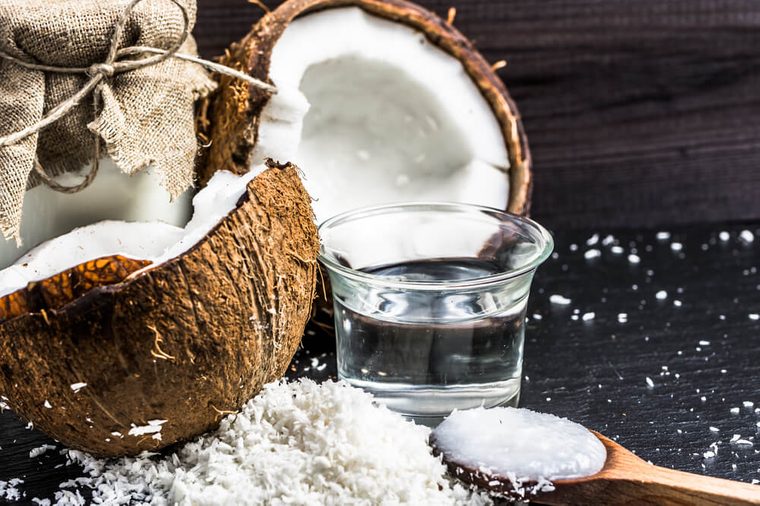
Coconut oil
While oil pulling—the fad of swishing or rinsing with oil to support oral health—lacks solid scientific research to back it, there is some evidence that it may help. A small study of 40 people published in the Journal of Clinical and Diagnostic Research compared coconut oil pulling with a placebo and found that rinsing with coconut oil for 10 minutes once a day for seven days reduced plaque.
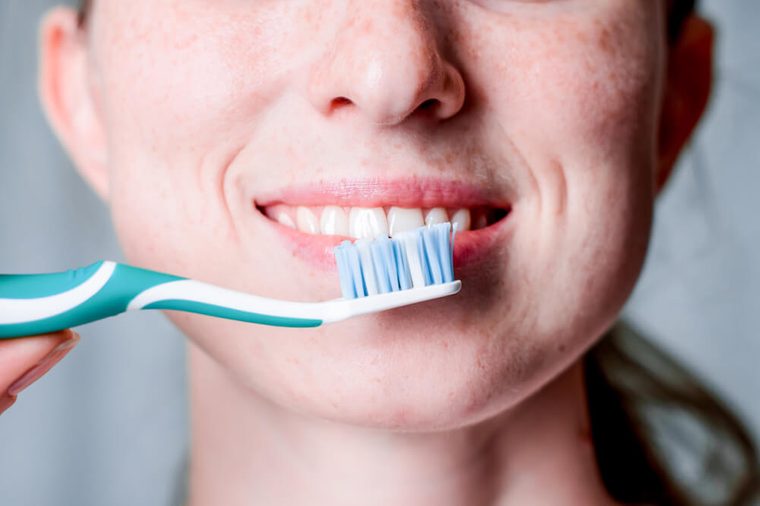
Daily brushing
Brushing your teeth at least twice a day is one of the best ways to maintain good oral health and prevent gingivitis, as well as other dental issues like cavities, advises the American Dental Association (ADA).
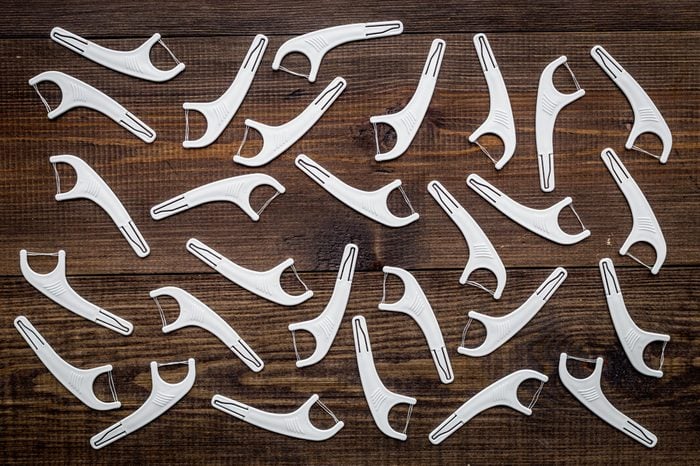
Daily flossing
Flossing removes food particles from in between teeth, where toothbrushes can’t reach, stresses the ADA. This helps prevent plaque buildup, a precursor to gum disease. Regular dental visits are also a critical preventative step. Next, don’t miss these things your dentist wish you knew.